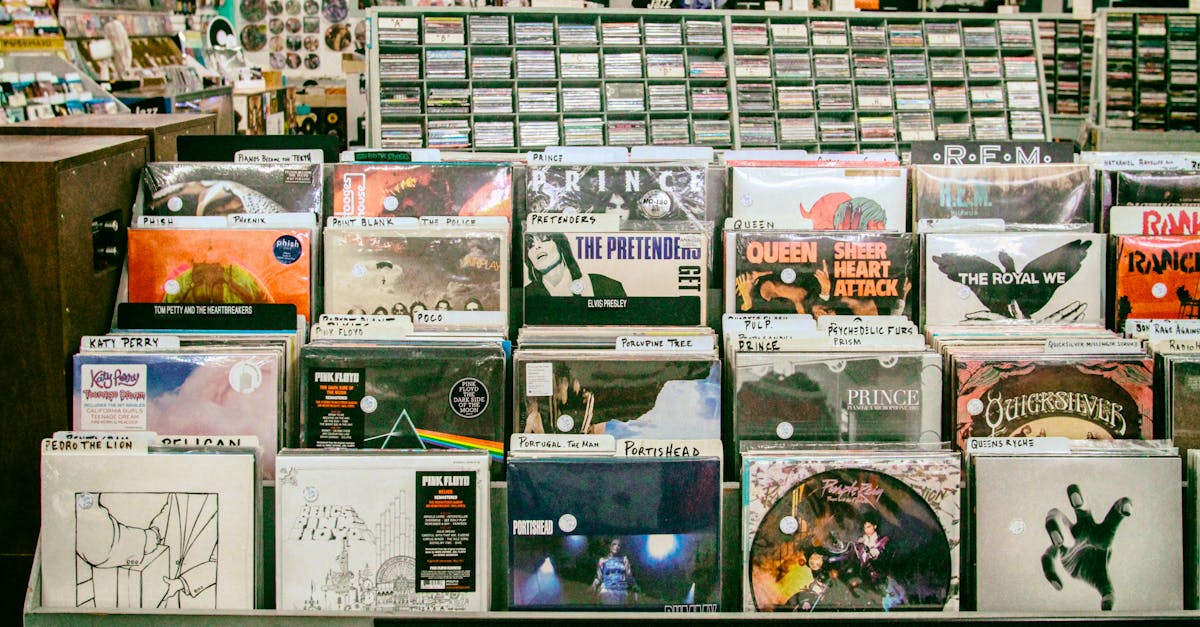Why Reality TV is Thriving Again
Introduction
In recent years, reality television has experienced a resurgence, reclaiming its spot at the forefront of modern entertainment. Shows that offer a glimpse into real-life situations, from cooking competitions to celebrity escapades, are capturing global audiences. This style of unscripted content has always been intriguing, but what is sparking this renewed interest? Some attribute its success to the changing dynamics of media consumption, while others believe it's the innovative storytelling that keeps viewers hooked. With streaming services boosting accessibility and variety, reality TV is anything but monotonous. Let's delve into the reasons behind the thriving phenomenon of reality TV.
Advertisement
Evolution of Storytelling
Reality TV is no longer the crude, unpolished format that some might remember from its early days. Producers now use advanced filming techniques, high-quality production, and novel formats that mirror movies or high-budget dramas. This evolution in storytelling, often combined with relatable narratives or extraordinary circumstances, speaks to audiences on a personal level. Many shows now focus on real-world issues or personal growth journeys, making the content more meaningful. This transformation has expanded the appeal of reality TV beyond traditional viewers, tapping into a diverse and growing fan base. It caters to audiences who appreciate authenticity wrapped in an engaging package.

Roman Biernacki/Pexels
Advertisement
Escapism and Entertainment
In an era characterized by information overload and constant connectivity, audiences are increasingly seeking escape and relaxation. Reality TV offers the perfect blend of light-hearted entertainment and voyeuristic pleasure, allowing viewers to step into someone else's world without the complexities of real-world media. The genre thrives on blurring the lines between reality and fantasy, offering a getaway that is both accessible and entertaining. Whether it's aspiring chefs battling it out or couples navigating their relationships, viewers find solace and amusement in the unpredictable moments. This balance of entertainment and escapism explains the continued success of reality TV.
Advertisement
The Role of Streaming Services
Streaming platforms like Netflix, Hulu, and Amazon Prime have redefined how audiences consume reality TV. These platforms allow for on-demand viewing, giving users the freedom to binge-watch entire seasons at once. This flexibility empowers audiences to consume content on their own terms, increasing engagement with shows. Moreover, streaming services offer unique reality TV formats that challenge traditional TV boundaries, appealing to a global audience. With accessibility to international reality shows, fans can explore culturally diverse content, expanding their viewing preferences. Such innovations have pushed the envelope, catapulting reality TV into a global phenomenon.
Advertisement
Interactive and Engaging Content
Many current reality TV shows are designed to encourage viewer interaction. Social media platforms like Twitter and Instagram play a pivotal role in heightening engagement, as fans discuss, share, and dissect episodes in real-time. Shows often incorporate audience voting and live participation segments, making viewers feel part of the unfolding story. This blend of interaction and engagement creates a dynamic viewing experience that enhances emotional investment. Fans find community and connection, adding layers of enjoyment and belonging beyond solo viewing. Today's reality TV is a shared experience that thrives within the digital landscape.
Advertisement
Diverse Themes and Characters
Reality TV now spans a broad spectrum of themes, reflecting a wide array of interests and lifestyles. Programs celebrate diversity and highlight voices and stories that might otherwise remain unheard. The genre includes everything from intensive survival challenges to heartwarming talent competitions, ensuring something for everyone. Additionally, diverse representation on screen fosters inclusivity, allowing viewers to see themselves in the participants. This element of relatability in storyline and character adds another dimension to its allure, keeping audiences coming back for more. Reality TV's ability to reflect societal shifts and evolutions keeps it relevant and engaging.
Advertisement
Crossover Appeal and Celebrity Influence
Reality TV bridges gaps between traditional media and the digital world while featuring celebrity participants and influencers known from other platforms. Shows like Dancing with the Stars and The Circle cleverly cast a variety of personalities, expanding their appeal across different networks and viewer demographics. Such shows attract a mix of loyal fans and new viewers, building larger, crop-pollinated fan bases. Celebrities and influencers lend their charisma and audiences to these programs, blurring lines and crossing over into mainstream media. This crossover appeal contributes to expanding reality TV's reach beyond any single audience segment.
Advertisement
Economic Efficiency of Reality TV
Producing reality television can be more cost-effective than scripted series, making it attractive to networks and streaming services looking to maximize profit. The nature of reality TV, characterized by real-time reactions, unscripted content, and minimal cast involvement, often trims production costs significantly. This fiscal flexibility ensures networks can invest in a greater number of diverse projects, offering varied content. Additionally, reality TV can be adaptive, quickly responding to viewer feedback. Economic efficiency, paired with audience engagement, contributes to the genre's sustained growth.
Advertisement
Cultural Influence and Societal Reflection
Reality TV both influences and reflects societal attitudes, transforming from mere entertainment to social commentary. Shows sometimes engage with critical issues like mental health, gender identity, and societal mores, contributing to discussions and awareness. Such content sparks conversations and fosters understanding, allowing audiences to interpret and question the society they inhabit. Reality TV’s role as a cultural mirror underscores its relevance in today's landscape. By either confirming norms or challenging perceptions, reality programs remain culturally significant, deepening their resonance with audiences.
Advertisement
Summary and Conclusion
Reality TV's resurgence is a testament to its adaptability and appeal, leveraging innovation and engagement to maintain viewer captivation. With the help of streaming services, the genre's evolution has made it a staple in modern entertainment. Its ability to traverse reality with dramatic storytelling, foster interaction, and mirror society ensures continued success. The reality TV phenomenon not only serves entertainment purposes but also challenges societal narratives, offering a colorful palette of exploration. As we move forward, reality TV remains poised to thrive, reflecting both the zeitgeist and evolving technology.
Advertisement


